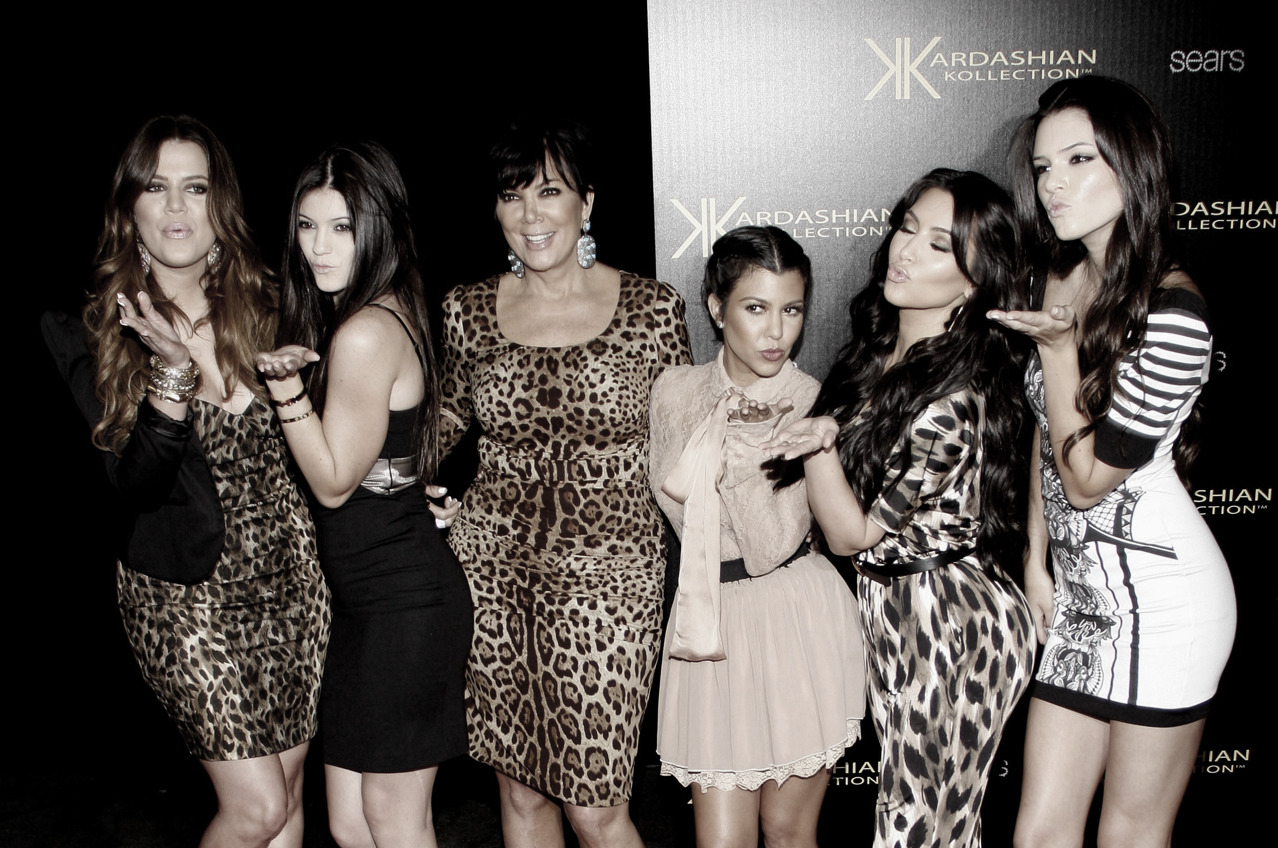
Words matter.
And when teammates start saying things like this, the credits are very likely rolling:
“I don’t agree with who you are as a human being.”
“OK, well, if I said something that hurt your feelings I’m sorry. But clearly there’s something going on because you’re acting like an effing lunatic.”
“If I had enough money, I wouldn’t do the show.”
“I’m not going to live my life around people who make me feel bad on a daily basis.”
Fortunately, those quotes aren’t from any morning show or radio personality team. They’re all from various members of the Kardashian family.
But they could have been uttered by people who are teammates in the world of radio. If you’ve been in this business for any length of time, you’ve heard the venom angrily pour from one cast member to another – both in public and in private.
While there’s something cathartic about getting strong emotions off your chest, hurtful words are often the preamble to a show breaking up.
And after an amazing 14 year run (actually 18 seasons) on E!, Keeping Up With The Kardashians will come to an end next year. And like many shows that scored great ratings, made endless headlines, and earned unthinkable gobs of money, it’s over.
A wonderfully detailed post-mortem in BuzzFeed News by Ellie Woodward breaks down the breakdown of the show…and perhaps the family in the process.
Sadly, I’ve seen the same dynamic damage ultimately destroy some wonderful radio shows, too. While they may not have been as wildly successful as KUWTK, the backbiting, eye-rolling, finger-pointing, and malicious gossip takes its toll.
And sometimes, it takes down careers.
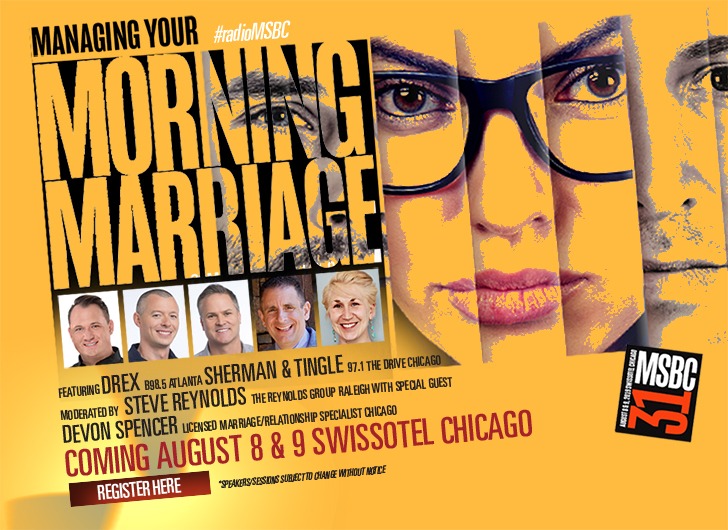 Last year working with talent coach extraordinaire Steve Reynolds, I offered up the idea of a Morning Show Boot Camp session featuring a marriage counselor. In many ways the dynamic of therapy is an often overlooked way to salvage a show that’s gone off the rails or is in trouble.
Last year working with talent coach extraordinaire Steve Reynolds, I offered up the idea of a Morning Show Boot Camp session featuring a marriage counselor. In many ways the dynamic of therapy is an often overlooked way to salvage a show that’s gone off the rails or is in trouble.
(Ironically, Kourtney Kardashian’s therapist apparently thinks about how much of her life was being broadcast on the show, including some of “her most personal and darkest moments for the sake of ratings.”)
Yes, for some shows, therapy isn’t a bad option.
And with all due respect to most program directors out there – and I’m one of them – trying to sort out a toxic dynamic infecting an ensemble cast is well above their pay grades and abilities.
As a consultant, I’ve been asked on several occasions to play the role of an outside interventionist, mediator, peacemaker to a show in the process of going south. Typically, I’m brought in during the late innings to save a show that may be beyond redemption.
Ironically, I’ve had some success. In fact, some of the shows that have thrown me into their mosh pits of dysfunction are still together today, apparently functional and still successful.
But I’ve been involved in my share of dumpster fires, too. In fairness, I sleep at night knowing these shows were so damaged by the time I showed up, they were well past the point of no return. Still, it’s painful to see talented people who can’t even occupy the same molecules in the same studio with one another, much less get through a four-hour show.
And it’s a shame. Because many of these troupes were once compelling, funny, trend-setting, and profitable when everyone was getting along. Or at least things were at that point where cast members were faking it well.
And as I’ve learned through research, the audience often doesn’t catch on until things have deteriorated to such a point that even casual listeners realize there’s something wrong.
In the case of the Kardashians, writer Woodward notes the telltale warning signs were present, but often swept under the rug, typically by management teams, producers, and showrunners fearful that to surface the animosities and do the hard work just isn’t worth the effort.
In reality, early therapy might have helped, just as it can be the action step that is taken to save a marriage where there’s sufficient desire to still maintain a functional relationship for the good of the participants – and their families.
Woodward points out the show became the “mothership” – the entity that provided the schematic to the lives of the girls and their parents. And in many ways, it may have become too big, making living anything resembling a normal life impossible.
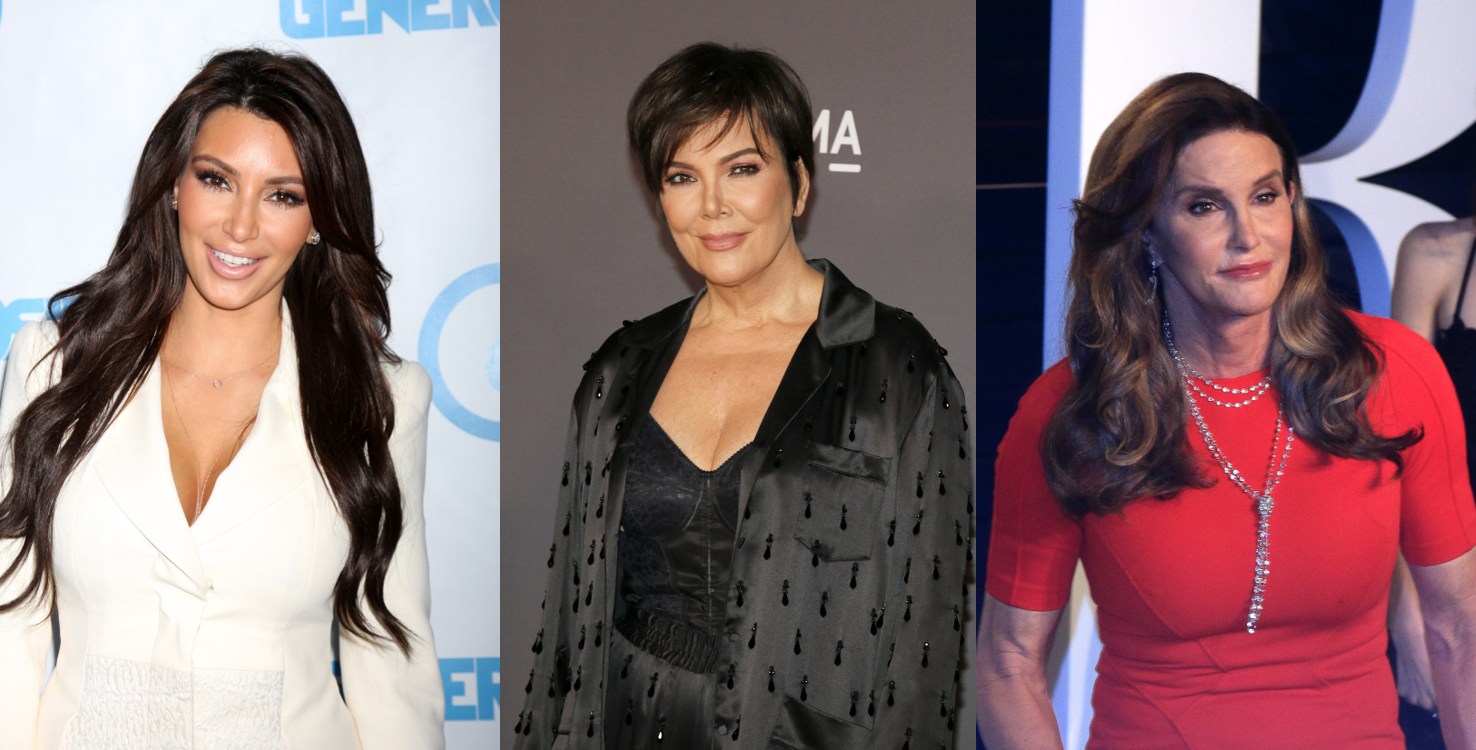
And she claims that as a result of KUWTK imploding, the family’s entire empire is at risk. That’s often the case when radio shows break up – it is often difficult for individual cast members to pick up the pieces, regroup, and continue a highly successful career solo or with different partners.
As Kim admitted in the Instagram post that announced KUWTK‘s finale season, “The show made us who we are.”
Woodward also says the E! show failed to stay fresh, current, and topical – hard to believe for a “reality TV” product. But she notes it often followed the electricity of social media moments, and was often late to its own party.
The crazy political news cycle didn’t help either. Whereas there was a time when the Kardashians shocked with their opulence, fame, and controversial relationships, they were surpassed by Donald Trump, the coronavirus, and a “breaking news” mentality that was much quicker than KUWTK.
She also notes the show was “depriortized” by the family. Often big events that would have dominated show episodes – like Bruce Jenner’s transition to Caitlyn – didn’t actually become KUTWK episodes until weeks after the story was actually broken, covered, and sensationalized in Vanity Fair.
Radio shows that lose their compass can also be guilty of leaving some of the best stuff off the airwaves. Woodward notes the sisters let the dynamic between them become less defined and familiar. And viewers – and listeners – like it when cast members behave the way they were developed, rather than changing their stripes.
The warning signs of impending doom are almost always apparent – bickering that becomes emotional venom, jealousy over other cast members’ success, work ethics that get out of whack, and roles that blur over time.
For the Kardashians, they may never enjoy the success they had during KUWTK – and in fact, that may just be the way the cycle plays out. Most shows don’t enjoy a 14-year run.
But for many radio shows, intervention, treatment, and rehabilitation are often possible – especially when the problems are confronted early on enough before they become irreparable.
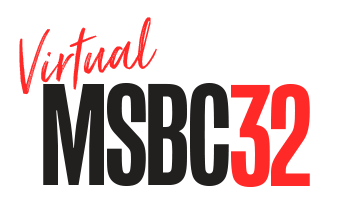 Oddly enough, Morning Show Boot Camp 32 takes place this week but it’s not in Chicago or Atlanta. Like every other industry gathering in 2020, it’s virtual. And once again, it’s a chance for some of radio’s stellar personalities – along with many fledgling stars – to come together to learn from one another. The panels are always interesting, and chock-full of great tips for planning and broadcasting winning shows. Even sessions like “Battle of the Bits” involve sharing many of the benchmarks that define great shows.
Oddly enough, Morning Show Boot Camp 32 takes place this week but it’s not in Chicago or Atlanta. Like every other industry gathering in 2020, it’s virtual. And once again, it’s a chance for some of radio’s stellar personalities – along with many fledgling stars – to come together to learn from one another. The panels are always interesting, and chock-full of great tips for planning and broadcasting winning shows. Even sessions like “Battle of the Bits” involve sharing many of the benchmarks that define great shows.
But hopefully, the talent assembled on hundreds and hundreds of screens will also share some of those important and sometimes painful lessons about success, failure, and the fine line that separates the two.
Interestingly, the start of Boot Camp on Wednesday also marks the day Entercom has designated for their fourth annual “I’m Listening” broadcast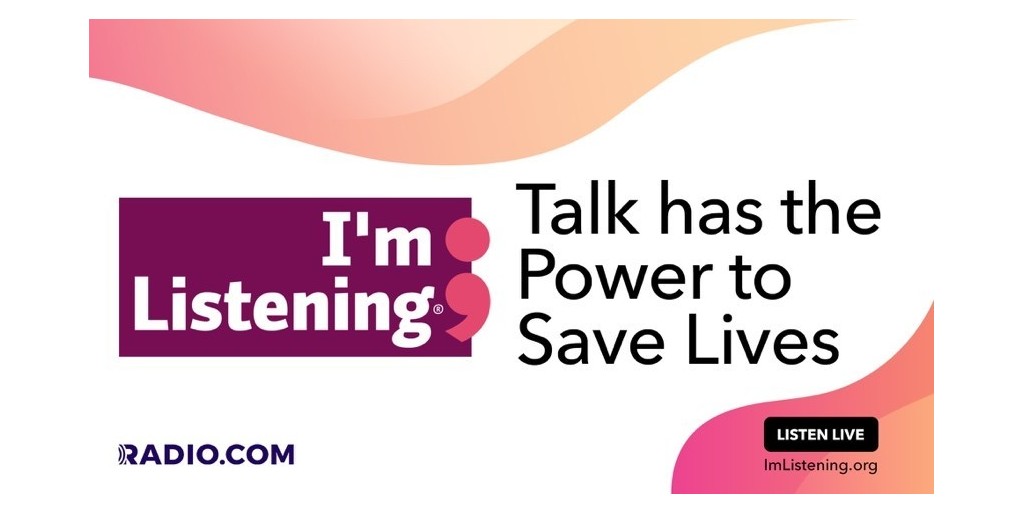 which airs on their entire portfolio of stations, as well as on Radio.com. And notably, B.J. Shea will receive this year’s “Kidd Kraddick Award” at Boot Camp.
which airs on their entire portfolio of stations, as well as on Radio.com. And notably, B.J. Shea will receive this year’s “Kidd Kraddick Award” at Boot Camp.
This year’s broadcast features a host of stars (no Kardashians, regrettably) in a two-hour prime time special. “I’m Listening” will tackle mental health issues in the midst of a global pandemic, co-hosted by KISW’s morning star B.J. Shea and Dr. Chris Donaghue.
And hopefully, some of the lessons will be taken to heart by some of the talent on the company’s stations, as well as those on the air throughout the U.S. – and the world.
Radio shows that face their demons and manage their drama can still be funny, connected, and a key part of listener lives. And they can also be sustainable – something that station owners, managers, sellers, and the show itself can appreciate.
In the end, we all just need to get along – and listen to each other.
There’s still time to register for Morning Show Boot Camp 32. Info is here.
I’ll be doing a presentation on Thursday – “19 Radio Lessons From The COVID Pandemic” this Thursday at 11am ET.
Entercom’s “I’m Listening” event is Wednesday, 6-8pm (local times). Info here.
- Traveling At The Speed of CES - January 10, 2025
- The One Thing Missing At CES? - January 9, 2025
- AI Your Commercials - January 8, 2025




Thanks for the mention, Fred. It’s always an honor to be included in your blogs. The session at last year’s MSBC was easily one of my favorites to host. Having been a part of a team where the elder cast member (much more mature than me when we met and decided to partner up) set the standard for our relationship, I have lived this. That culture transfers on the air – the audience feels it and knows, at some point, if it’s in dysfunction. And as we both know, that can cripple a program. In the last couple of years, I’ve had two executives at major broadcast groups ask me what they might be missing in supporting talent. On the list as a talent coach was this – at some point a forward-thinking company should employ a therapist (much like they employ you or me) who will go market to market working with shows on their relationships so they don’t go sideways and blow up, negatively impacting the radio station. Another great piece from you, Fred. Thanks for always teaching us.
Steve, I thought of you often while writing the post. Your job becomes exponentially more difficult when there’s great dysfunction on a show. I like the idea of a corporate therapist or counselor like on “Billions.” Then again, it didn’t seem to work out very well there either. Hope to you see you a conference or station meeting before too long. Thanks!